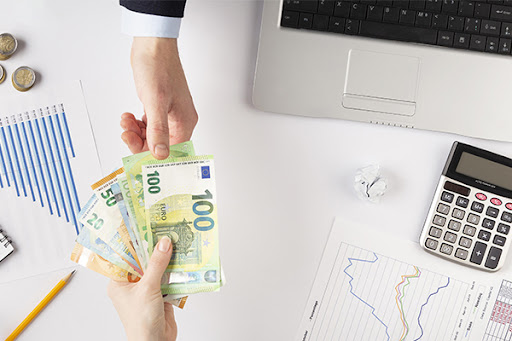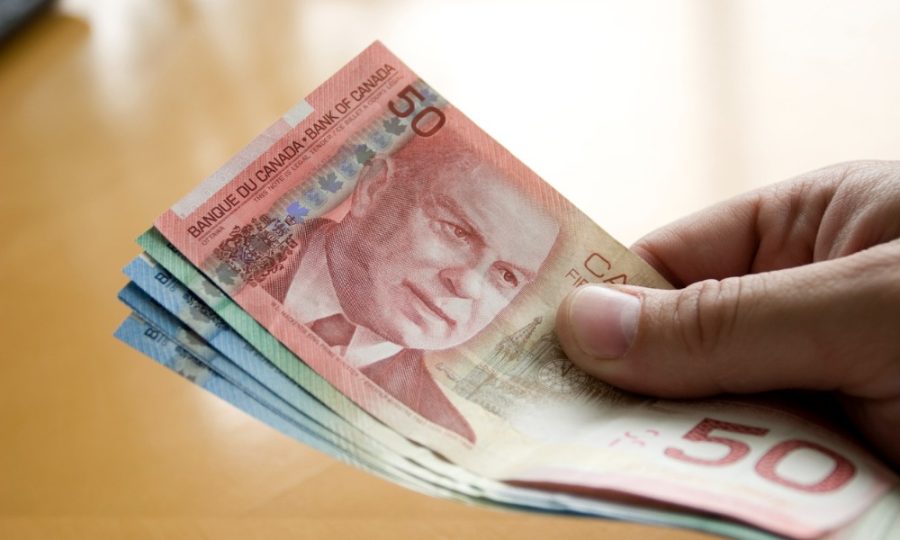Currency exchange is the process of converting one currency into another, and it plays a crucial role in the global economy. It facilitates international trade, investment, and travel by enabling transactions across different monetary systems. Here’s an overview of the topic:
What is Currency Exchange?
Currency exchange involves trading one currency for another, usually at a financial institution such as a bank, a currency exchange service, or through online platforms. The value of a currency is determined by its exchange rate, which fluctuates based on various economic factors.
Exchange Rates
The exchange rate is the price of one currency in terms of another. It can be influenced by a range of factors including:
- Economic Indicators: Data such as GDP growth, unemployment rates, and inflation can affect currency values. A strong economy typically leads to a stronger currency.
- Interest Rates: Central banks set interest rates which can attract or deter investment in a currency. Higher interest rates often lead to a stronger currency.
- Political Stability: Countries with stable political environments tend to have stronger currencies because they are seen as safer investments.
- Market Sentiment: Traders’ perceptions and speculation can cause currency values to fluctuate in the short term.

Types of Exchange Rates
- Spot Rate: The current exchange rate for immediate delivery of a currency.
- Forward Rate: The agreed-upon exchange rate for a transaction that will occur in the future. This is often used to hedge against future fluctuations.
- Cross Rate: The exchange rate between two currencies, calculated using a third currency (typically the US dollar).
Currency Exchange Markets
Currency exchange occurs in various markets:
- Forex Market: The largest and most liquid financial market in the world, where currencies are traded 24 hours a day, five days a week. It involves both major financial institutions and individual traders.
- Bureau de Change: These are currency exchange offices commonly found in airports, hotels, and tourist areas, providing a convenient but often less favorable exchange rate.
- Banks: Banks offer currency exchange services to customers, typically providing competitive rates for their account holders.
Impact on International Trade and Investment
Currency exchange is integral to international trade. Businesses importing or exporting goods need to convert currencies to settle transactions. Fluctuating exchange rates can impact profitability and pricing strategies. Companies often use hedging strategies to manage the risks associated with currency fluctuations.
For investors, exchange rates can affect the returns on investments made in foreign currencies. For example, if an investor buys stocks in a foreign country, the value of those investments can be influenced by changes in the exchange rate between the investor’s home currency and the currency of the investment.
Travel and Personal Finance
For travelers, currency exchange is essential for spending money abroad. The rate at which travelers can exchange their home currency for the local currency of their destination can vary widely. It’s often beneficial to exchange money in advance or use credit/debit cards that offer competitive exchange rates.
Conclusion
Currency exchange is a fundamental aspect of the global economy, influencing everything from international trade and investment to travel and personal finance. Understanding how exchange rates work and what factors affect them can help individuals and businesses make more informed decisions in a dynamic and interconnected financial world.





